From Our Correspondent
OpenBinacle® says it is partnering with the West African Linguistic Society (WALS) to undertake artificial intelligence and machine translation research to standardize and preserve West African indigenous languages.
President of WALS, Prof. Lendzemo Constantine Yuka and CEO of OpenBinacle Group, Mr Emmanuel Gabriel, announced this in a statement.
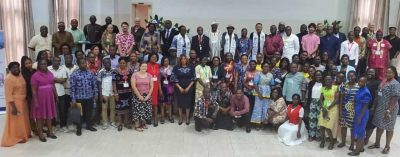
According to the statement, the two parties have signed a Memorandum of Understanding (MoU).
The MoU aims at understanding the structure and characteristics of over 500 West African languages.
The MoU covers Machine Translation (MT), Artificial Intelligence (AI), Generative AI, and Natural Language Processing (NLP).
“This move will propel OBTranslate® researchers and scientists to improve machine translation systems, speech recognition and natural language processing tools.
“The tools will be specifically tailored to West African languages.
“This will help make these low-resourced West African languages more accessible on the OBTranslate® machine translation platform, digitally,” the statement read in part.
TheNewsZenith reports that WALS is a professional group of scholars, researchers, field workers and teachers drawn mainly from West Africa.
Its members cut across the Republic of Benin, Burkina Faso, Cameroon, Chad, Côte d’Ivoire, Ghana, Mali, Niger and Nigeria.
Read Related News:
Research: Covenant Varsity partners OBTranslate
AI holds key to societal, economic transformation – Danbatta
Others are Senegal, Liberia, Sierra Leone, Guinea and Togo.
The scholarly organisation provides platform for linguists and researchers interested in linguistic diversity and languages of this sub-region to interact.
They will share their research and collaborate on various linguistic topics.
WALS promotes the documentation, analysis and preservation of languages of West Africa. These languages are linguistically rich and diverse regions with hundreds of different languages.
It also publishes journals, conference proceedings and other publications that contribute to the understanding, revitalisation and documentation of languages in West Africa.
TheNewsZenith also reports that OBTranslate®, also known as “OpenBinacle Translate”, is a subsidiary of OpenBinacle Group.
It is a deep learning company that has developed an online CAT (Computer Assisted Translation) tool, Neural Machine Translation (NMT) and artificial intelligence (AI) platform for over 2,000 African and European languages (OBTranslate).
OBTranslate also aimed to bridge language barriers on the African continent and globally.
The statement quoted Prof. Yuka as saying that constructive partnership has merit.
Also Read:
Nigeria Elections: Google commits $2m to fighting misinformation
Digital inclusion, panacea against unemployment – Expert
“OBTranslate® and WALS will develop policies related to language education. These include the teaching of national languages and minority/indigenous West African languages.
Yuka added that WALS typically organises conferences, workshops and other events that bring together experts in the field of linguistics.
Participants at such fora discuss and exchange ideas on topics related to West African languages.
These fora serve as a platform for researchers to present their findings, share insights, and foster academic collaboration.
On his part, Gabriel stated that OBTranslate® and WALS are committed to ensuring that West African language policy upholds language rights, protects linguistic minorities and promotes inclusivity.
“Both parties will consider policies for the use of languages in public administration, legal systems, media and cultural institutions.
“The partnership with WALS will drive OpenBinacle to set up more operation offices in 16 West African countries.
“We will also foster strong partnerships with more universities, to promote collaborative research in machine translation, artificial intelligence and generative AI,” OpenBinacle® boss stated.
He added that OpenBinacle® would creat jobs for linguists, researchers and raise public awareness about the linguistic diversity of West Africa.
“Preserving and studying these indigenous or low-resourced languages, will prevent over 500 West African languages from going into extinction,” Gabriel said.
Do you have a flair for Citizenship Journalism? Share story(ies) of happenings in your area with The NewsZenith on WhatsApp: 08033668669 or thenewszenith@gmail.com
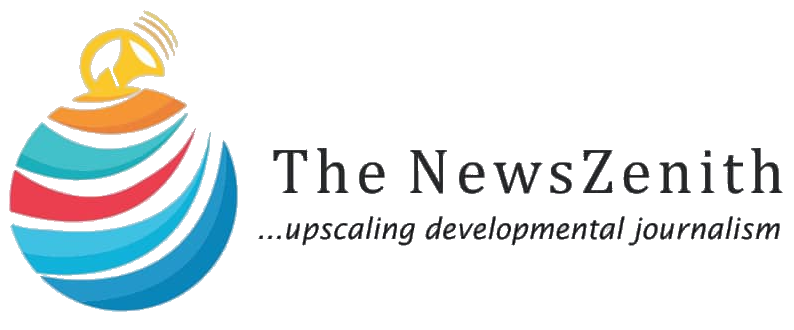
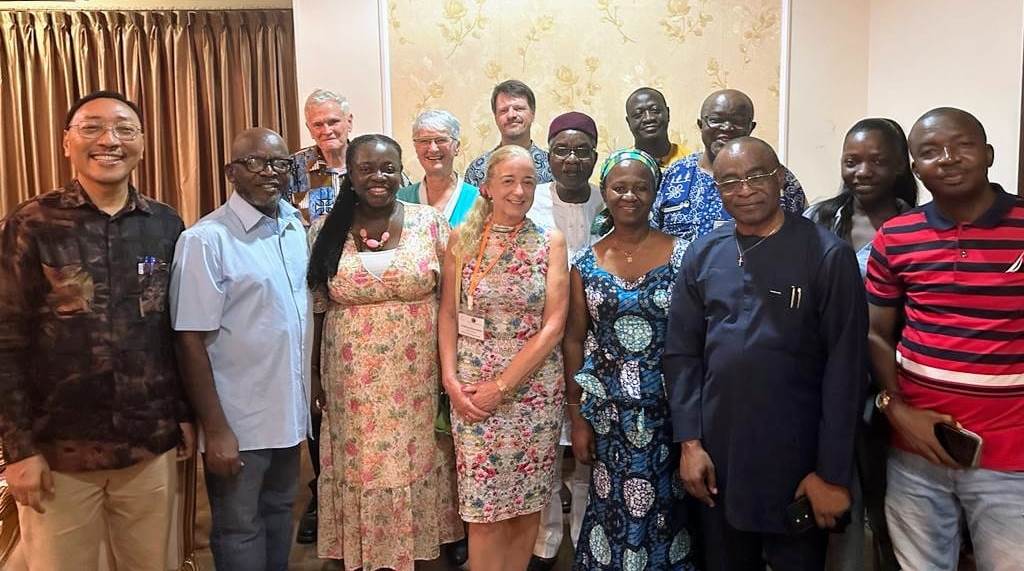
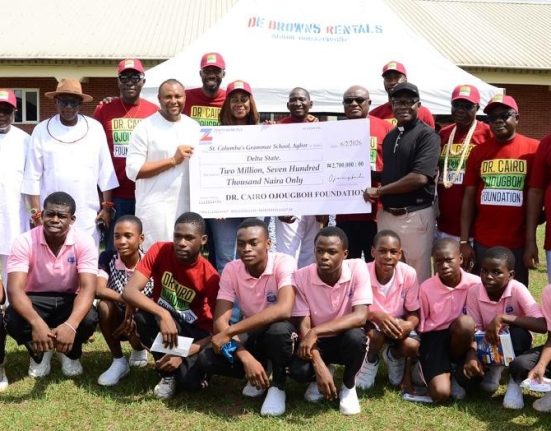

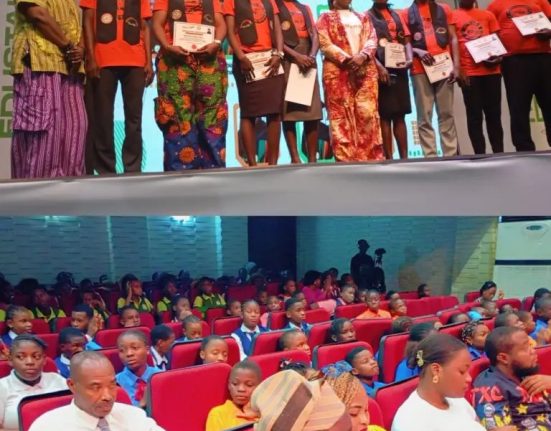
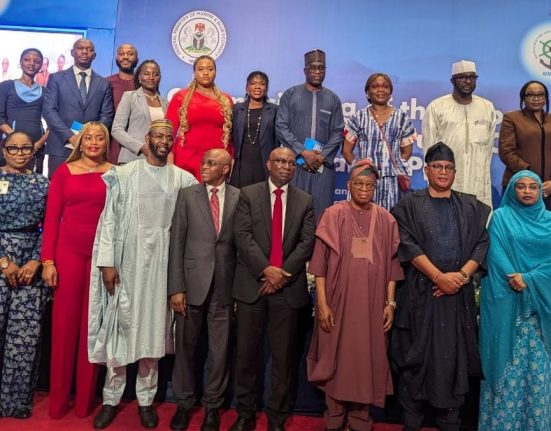

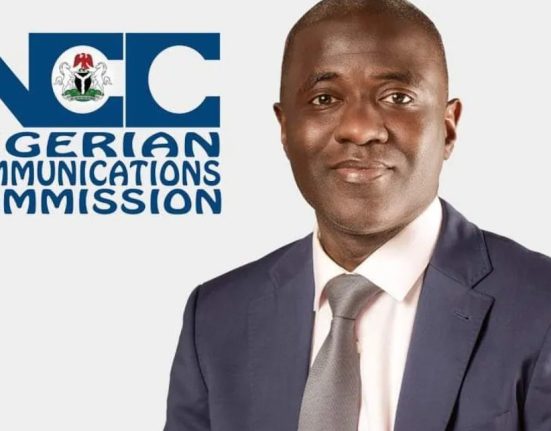
2 Comments